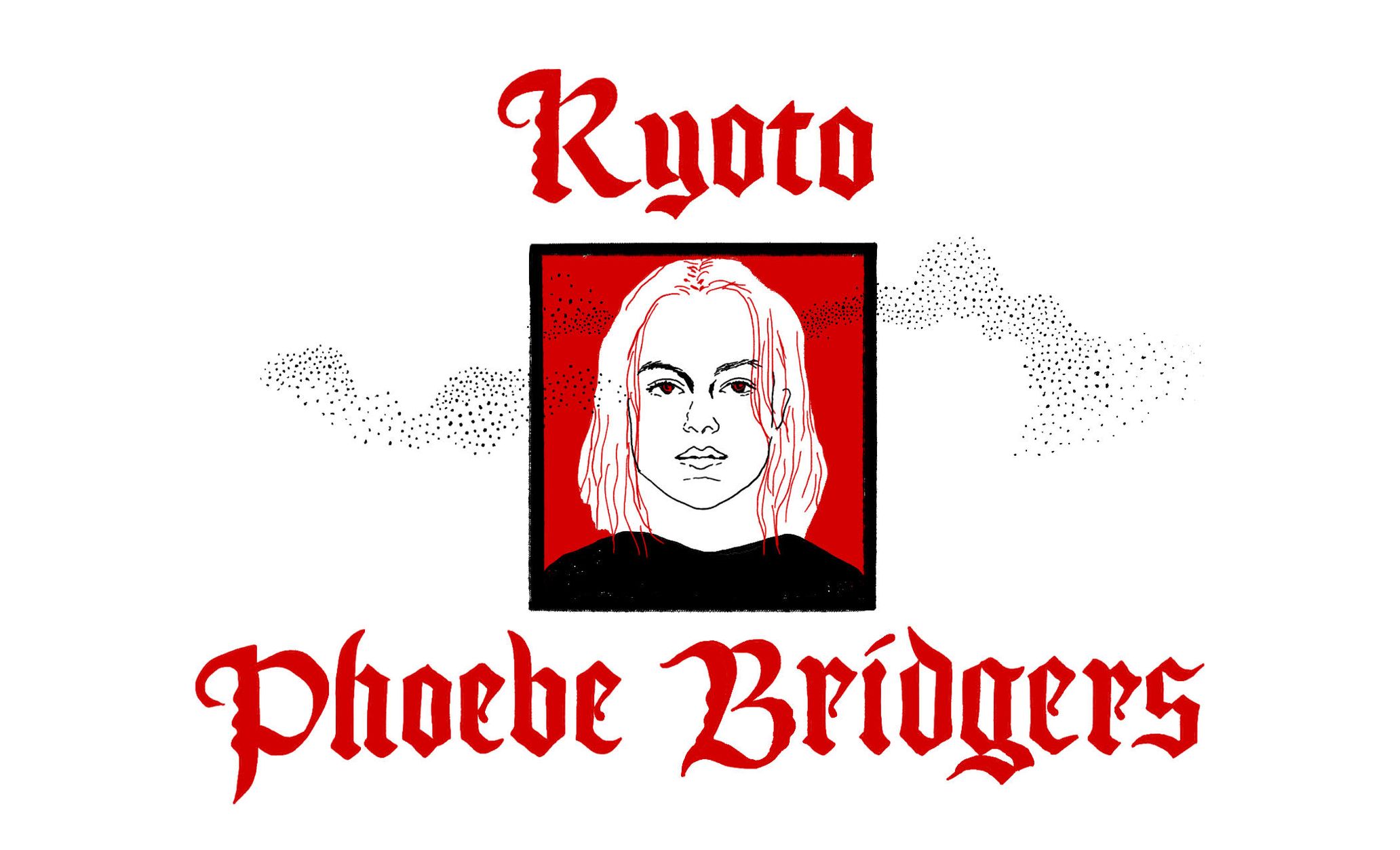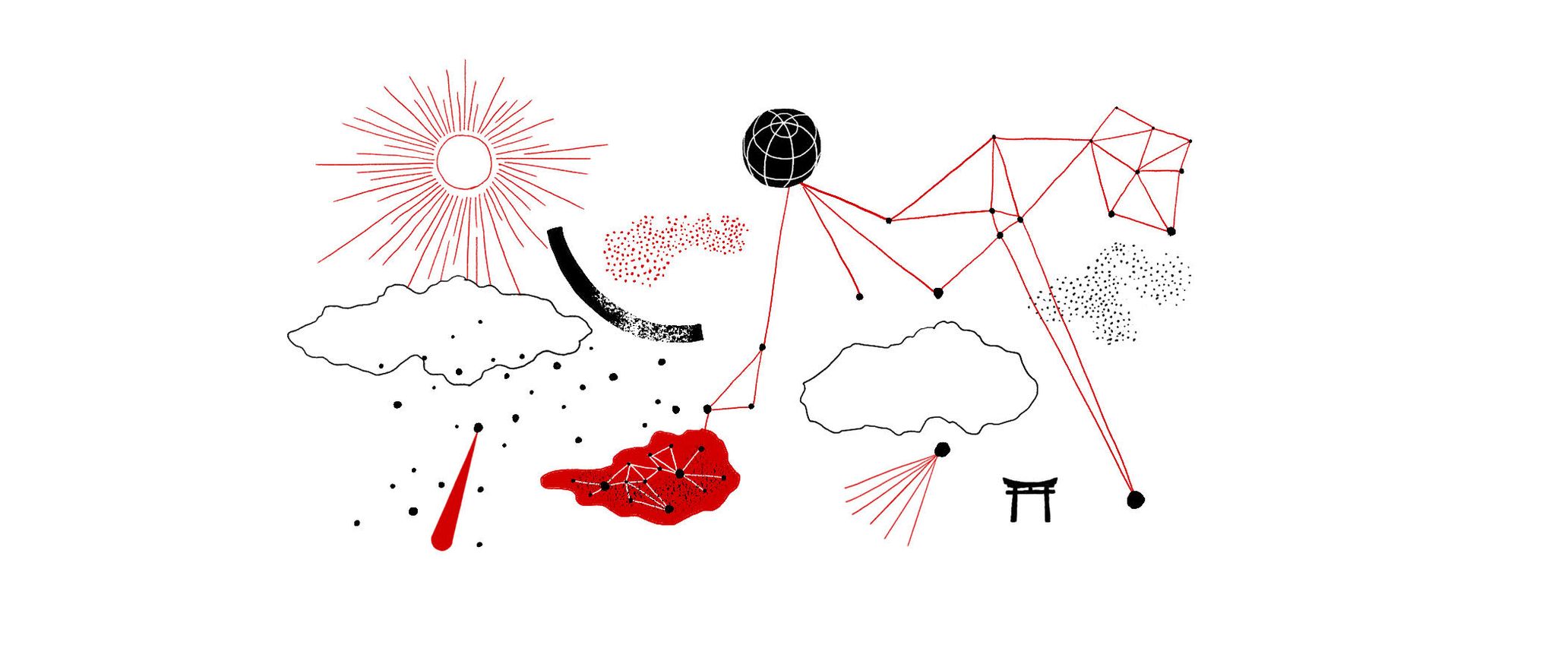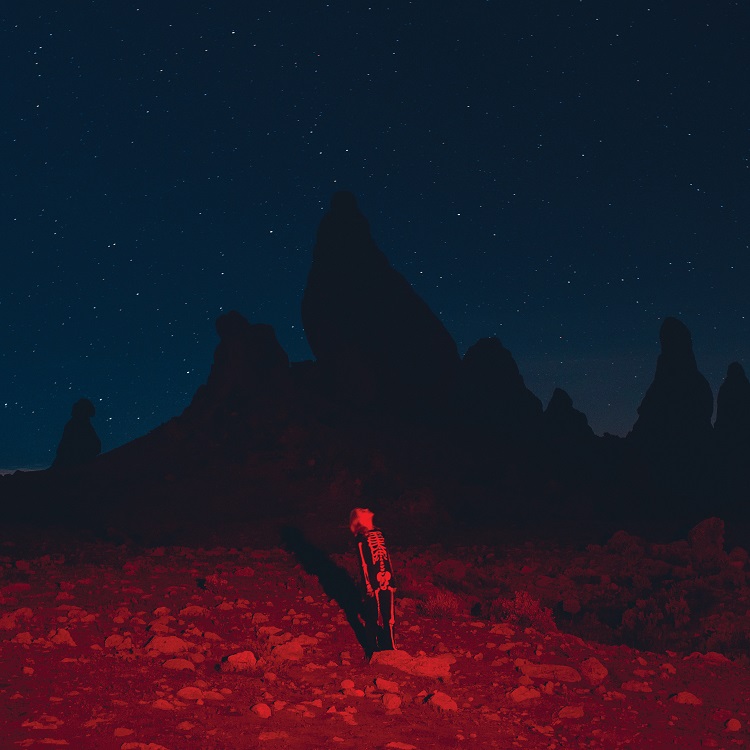Lots of artists are using their own words and voices to continue to get their message across in this modern age, as the state of the world undergoes high-speed changes. Since ancient times, songs have found their way into our hearts and minds, and have played an important role by offering encouragement and inspiration.Even it is of significant interest that even songs that do not demonstrate a direct connection to politics and society can reveal different aspects when observed based on their background. Ryoichi Niimoto, a writer who currently lives in Brooklyn, selecting pop songs that everyone knows and the much-discussed lyrics of pop newcomers to read into the circumstances concerning both the United States and the world around us.
Buzzworthiness albums were released by two musicians in June. One of these was Bob Dylan, the latest album “Rough and Rowdy Ways” was immediately preceded by the publication of a rare interview article in the pages of the New York Times, where he left some interesting comments.
“We have a tendency to live in the past, but that’s only our generation. Youngsters don’t have that tendency. They have no past, so they recognize what they see, hear, and believe.”
Naturally, as we age we accumulate the value of experience and the way the younger generations think and behave change as well, which in turn gradually gives rise to a “past” that they depend on. Yet even so, the point below by Dylan on the generation known as “digital natives” because they were born at a time when the internet had already become widespread, is suggestive.
“As far as technology goes, it makes everybody vulnerable. But young people don’t think like that. They could care less. Telecommunications and advanced technology is the world they were born into. Our world is already obsolete.”
Seeing this comment brought to mind Phoebe Bridgers, who is the other musician who was mentioned above (her latest album entitled “Punisher” was released the day before Dylan’s “Rough and Rowdy Ways”). To be precise, it called to mind an article from the May 25th edition of the “New Yorker” that dealt largely with her.
Matt Berninger, the lead vocalist for the rock group The National, has performed together with her at both live events and on recordings. In the article he was quoted as saying, “Phoebe writes so well about boredom and sadness.” This “boredom and sadness” blooms spectacularly in her single “Kyoto,” which was released ahead of the album.
Day off in Kyoto, got bored at the temple
Looked around at the 7-11
The band took the speed train, went to the arcade
I wanted to go but I didn’t
You called me from a payphone, they still got pay phones
It cost a dollar a minute
To tell me you’re getting sober and you wrote me a letter
But I don’t have to read it
As this song titled “Kyoto” the song doesn’t say anything about her impression of the city.It is difficult to claim that the song, which is said to have been inspired by her relationship with her father, as well as her experiences during her stay in Japan, is representative of the beauty of Japan’s former capital or its characteristic traits. So while it may be the case that the song is unrelated to Kyoto, it is a perfect fit when you consider the emotions elicited from the whole song.The feeling is that while staying in the environment that creates the loneliness and boredom described above, there is no sign of leaving, and the feeling of staying there overlaps with the appearance of Kyoto. Writing “staying there” may give you a dark, closed image.Yet conversely, she seems to be maintaining distance between herself and an outside world that only causes confusion, and has instead created her own unique world on the inside. Here one can detect a creativity and rebellious spirit of not bending or giving in to order (the outside world), and also catch sight of similarities with Kyoto, which has given rise to its own unique culture. This also reflects the utopia versus dystopia construct that frequently comes up for discussion in contemporary US pop culture. In “Kyoto,” the singer gives free reign to a freewheeling worldview much like the creation of virtual spaces brimming with creativity on TikTok, which is well-known as a social media site for the younger generation, that users can add music, dance, illustrations, etc. to samples from the reality (outside) to create a virtual space full of originality.
I’m gonna kill you
If you don’t beat me to it
Dreaming through Tokyo skies
I wanted to see the world
Then I flew over the ocean
And I changed my mind
Sunset’s been a freak show
On the weekend so I’ve been driving out to the suburbs
To park at the Goodwill and stare at the chem trails
With my little brother
He said you called on his birthday
You were off by like ten days
But you get a few points for trying
Remember getting the truck fixed when you let us drive it
25 felt like flying
I don’t forgive you
But please don’t hold me to it
Born under Scorpio skies
I wanted to see the world
Through your eyes until it happened
Then I changed my mind
Guess I lied
I’m a liar
Who lies
Cause I’m a liar
In the song a person gets in touch with the singer and her younger brother (her father maybe?), with it suggested that this person is struggling with alcoholism and they are a mess personally. This can be seen as a symbol of a tumultuous outside world, and yet even as the singer expresses her revulsion she cannot bring herself to completely sever this bond.
In a certain sense, this can be thought of as a sense of balance designed for reaching common ground between the external and internal worlds that the younger generation has equipped themselves with in order to go on with their lives (with said generations including Phoebe who is mid-20s).
It should be called a technique to protect herself by seeing the severe reality of political corruption, economic disparity, environmental destruction, etc. sideways, but without being fully immersed in the world, making another reality with her own hands.What is noteworthy is that even if you are introverted, there is no sense of tragedy or despair in the world depicted in “Kyoto.”What is strangely curious about it is that conversely the listener even senses some cheerfulness suffused throughout, which is aided by the light, bouncy melody.
Perhaps that is Dylan’s strength of a generation that grew up experiencing the Internet culture. No matter how boring or lonely you may be, the fact that you are connected with people who understand you and share your feelings far away may help you and give you confidence.
(Distributed by Big Nothing Co., Ltd. / ULTRA-VYBE,INC.)
Text Niimoto Ryoichi
Illustration Masatoo Hirano
Edit Sumire Taya




